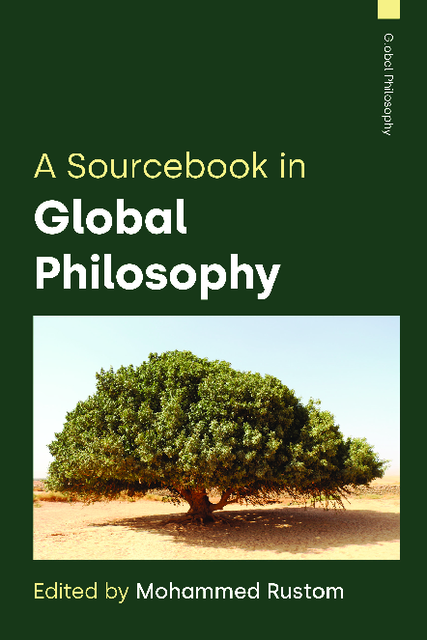Rustom/Sourcebook, 19. Al-Fārābī: The Book of Letters

Full description
This entry concerns the Islamic philosopher Abū Naṣr al-Fārābī’s (d. 950 CE) theory of “substance” and its Aristotelian legacy. The theory of “substance” concerns what is most properly or primarily a “being,” which Fārābī firstly identifies as “the thing that can be pointed to,” rendered idiomatically here as “the this-something,” and secondly as the intelligible of the this-something in the soul. The emphasis on objects of sensible designation indicates that ontology is first and foremost an exploration of what there is in the world, beginning with the objects of sense perception, even as Fārābī emphatically rejects a purely materialist theory of substance in favor of hylomorphism. Elliptically, however, he ultimately introduces the possibility of another substance, beyond the categories of being, that is not only not in a subject, but is also not the subject for anything else. The literal meaning of the Arabic term for “substance” (jawhar) is “jewel,” yet it was used in medieval Arabic philosophy to designate the Aristotelian ousia (traditionally rendered in English as “substance”). Fārābī extensively discusses how the popular meaning was transferred to the technical meaning, exemplifying a rich interface between his philosophy of language and metaphysics.
- typeImage
- created on
- file formatpng
- file size425 KB
- container titleA Sourcebook in Global Philosophy
- creatorRosabel Ansari
- isbn9781800505483 (eBook)
- publisherEquinox Publishing Ltd.
- publisher placeSheffield, United Kingdom
- rights holderEquinox Publishing Ltd.
- series titleGlobal Philosophy
- doi
We use cookies to analyze our traffic. Please decide if you are willing to accept cookies from our website. You can change this setting anytime in Privacy Settings.
